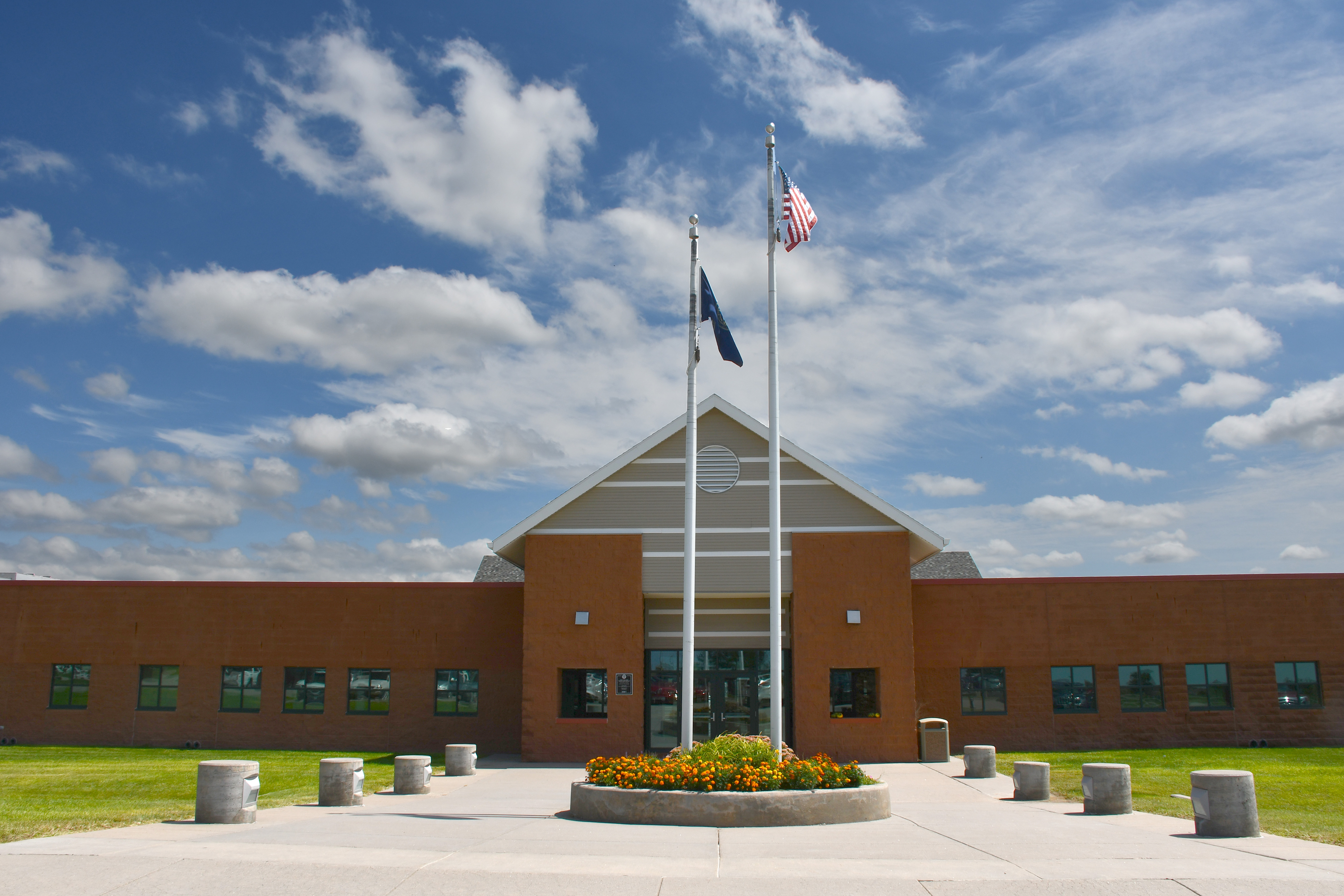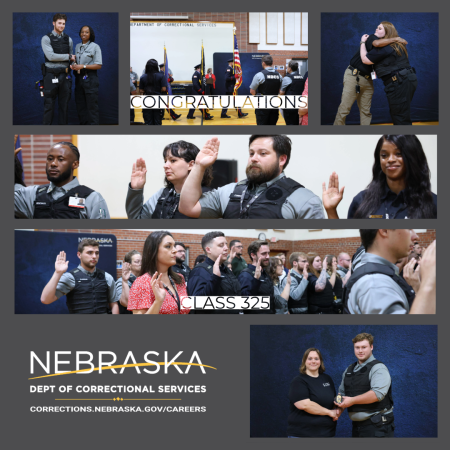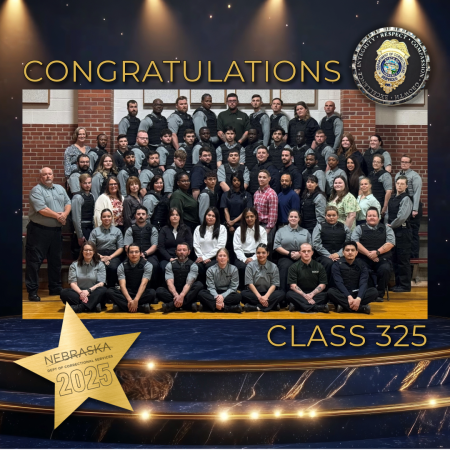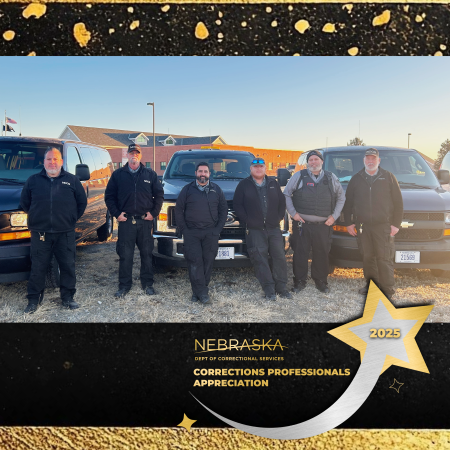
Work Ethic Camp

2309 N. Hwy 83
McCook, NE 69001
United States
The Work Ethic Camp (WEC) is a 200-bed facility for males classified to 'Minimum B' custody. It provides an individualized program in a time frame appropriate for the individual's needs and sentence structure. Individuals may parole from WEC, progress to a community custody facility or complete their sentence.
The Mission of the Work Ethic Camp is to provide an integrated program that combines evidence-based practices with treatment and educational opportunities. The overall goal is to reduce the risk of recidivism through behavioral change and assisting incarcerated individuals with successful community reintegration, thereby, keeping people safe.
With intermittent supervision, minimum custody individuals may be eligible to work as road crews in the community.


